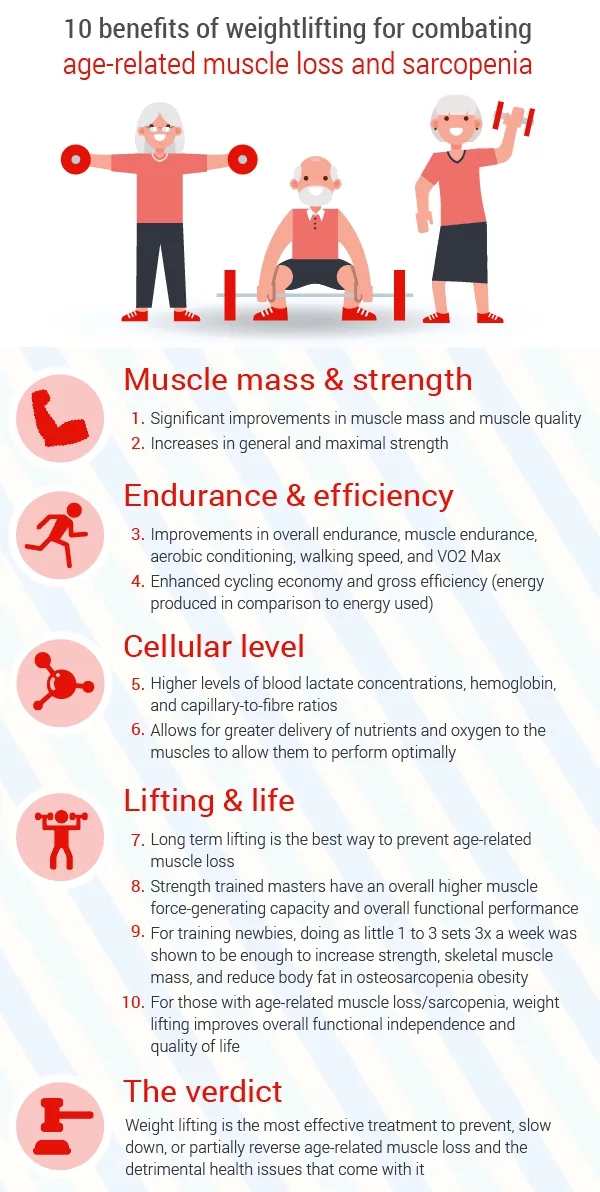Age-Related Weight Gain
Reasons for Gaining Age-Related Weight and Effective Diet Exercises
Hello! Have you noticed that you’ve been gaining weight without realizing it lately? I’ve been feeling the same way. So today, I’d like to talk about the reasons for age-related weight gain and introduce some effective exercises for dieting. Let’s work together to create a healthy body!
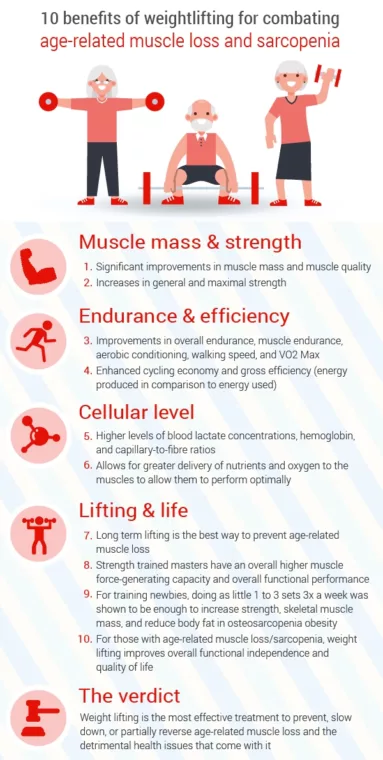
What is Age-Related Weight Gain?
Age-related weight gain refers to the natural increase in body weight that occurs as we get older, characterized mainly by the accumulation of body fat. This weight is typically stored in the abdomen, thighs, and hips, resulting from changes in metabolism and hormonal imbalances. Additionally, as we age, skin elasticity decreases and muscle mass diminishes, leading to a relative increase in fat accumulation. This phenomenon can increase the risk of health issues such as cardiovascular diseases, so it’s important to be cautious. To reduce age-related weight gain, proper exercise and a healthy diet are essential, allowing for effective weight management.
Major Causes of Age-Related Weight Gain
There are several primary causes of age-related weight gain, but the most prominent is the decrease in the body’s metabolism. As we age, our basal metabolic rate declines, resulting in reduced calorie expenditure. Additionally, decreased physical activity leads to the accumulation of calories consumed, contributing to weight gain. Lifestyle changes, irregular sleep patterns, and stress are also factors that influence age-related weight gain. Lastly, hormonal changes, particularly fluctuations in estrogen and testosterone levels, affect fat storage methods, promoting the accumulation of age-related weight. Understanding and managing these causes is the first step in reducing age-related weight.

The Relationship Between Decreased Metabolism and Age-Related Weight Gain
Decreased metabolism is closely related to age-related weight gain. The body’s basal metabolic rate naturally declines with age, meaning that the body’s ability to produce necessary energy weakens. When the basal metabolic rate drops, the likelihood of weight gain increases even if the same number of calories is consumed. Particularly, as muscle mass decreases, the basal metabolic rate further declines, making it easier for fat to accumulate. Therefore, it’s important to engage in regular exercise, especially strength training, to increase muscle mass. This can positively impact metabolism and contribute to reducing age-related weight, aiding in maintaining a healthy weight.
The Impact of Hormonal Changes on Weight
Hormonal changes play a significant role in weight management as we age. For women, a sharp decrease in estrogen levels during menopause alters fat storage methods, which can lead to abdominal obesity. Men also experience a decline in testosterone levels, resulting in reduced muscle mass and increased fat accumulation. These hormonal changes can affect metabolism and appetite regulation, leading to weight gain. Therefore, efforts to maintain hormonal balance are necessary, which can be achieved through nutritional adjustments and stress management.

Effective Exercises for Managing Age-Related Weight
There are various types of exercises that can be chosen for managing age-related weight. Aerobic exercises are effective for burning fat and include activities like running, swimming, and cycling. These exercises help raise the heart rate and assist the body in using fat. Additionally, strength training promotes muscle mass increase and contributes to raising metabolic rates. Other activities like yoga or Pilates help relieve tension and strengthen core muscles, aiding in body shape improvement. A multifaceted approach to exercise is effective for reducing age-related weight, and developing a consistent exercise habit is crucial.
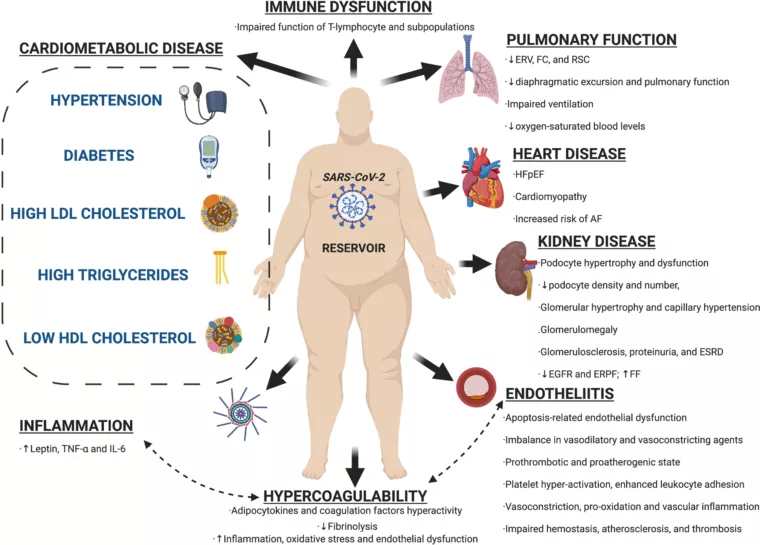
Recommended Aerobic Exercises for Reducing Age-Related Weight
There are various recommended aerobic exercises to reduce age-related weight. Aim for at least 150 minutes of moderate-intensity aerobic exercise per week, including walking, jogging, and cycling. Particularly, HIIT (High-Intensity Interval Training) is effective for burning high calories in a short time. Aerobic exercises help burn body fat and improve endurance, enhancing vitality in daily life. When engaging in these exercises, gradually increase the intensity according to your fitness level, as consistency is key.
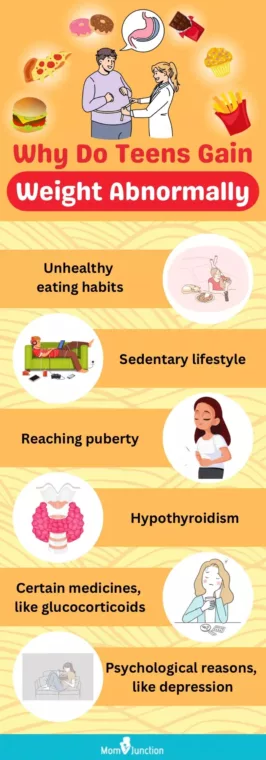
Weight Loss Strategies Through Strength Training
Strength training is a crucial strategy for weight loss, effectively increasing the basal metabolic rate through muscle mass gain. It’s important to engage in resistance training that targets different muscle groups 2-3 times a week, performing 8-12 repetitions. Common exercises include squats, bench presses, and deadlifts, which develop major muscle groups and contribute to weight loss. Additionally, strength training helps prevent muscle loss even when weight decreases, aiding in maintaining a healthier body shape. Therefore, it is advisable to combine strength training with aerobic exercises.
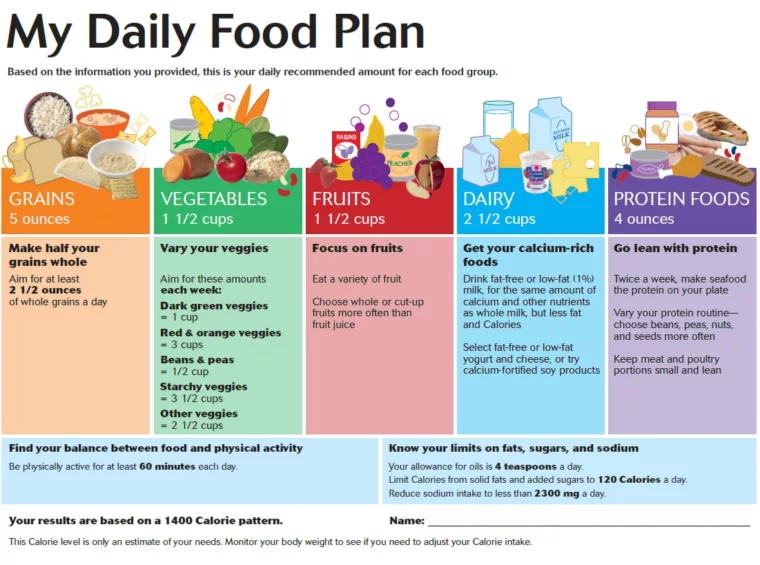
Dietary Adjustments for Healthy Weight Maintenance
A balanced diet is essential for maintaining a healthy weight. Meals should be composed of a balance of proteins, carbohydrates, and healthy fats, while minimizing the intake of processed foods. High-protein foods can enhance satiety and support muscle mass increase, which is beneficial for weight management. Additionally, regulating portion sizes and ensuring adequate hydration is crucial. Consuming plenty of vegetables and fruits helps replenish vitamins and minerals, and maintaining regular meal times minimizes weight fluctuations. Such dietary adjustments significantly aid in long-term weight maintenance.
